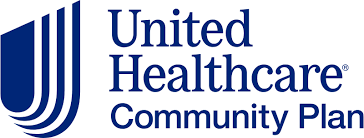
What You Should Know:
- UnitedHealthcare Community Plan of Indiana has provided $2.85M to four organizations working to advance the direct service health workforce in the state.
- Direct service workers (DSWs) are essential in providing care to long-term services and support recipients who choose to age and live in their homes, especially those in underserved communities and rural areas. DSWs include certified nursing assistants, home health aides, direct support professionals, personal care aides and other nonlicensed workers.
- These donations are part of UnitedHealthcare’s commitment to making a positive impact on the lives of the most underserved and, particularly, the population aging at home.
Direct Service Health Workforce Grants
Donations have been provided to:
- Indiana Association for Home & Hospice Care — $1,100,000 for an assistance program that provides benefits to DSWs such as funding for child care, car repairs, gas money, financial well-being and other needs that may hinder their ability to be fully involved in their professional lives.
- Ivy Tech Community College — $1,000,000 for a Direct Service Worker Pathway program that trains and prepares juniors and seniors in high school to enter the direct service workforce right away after high school while also developing stepwise career development opportunities.
- Mobile Integrated Health-Community Paramedicine — $250,000 to employ community paramedics in Montgomery County to improve home health for individuals age 60 and over through a program that will focus on four areas: improve care coordination on 911 calls related to falls; enhance referrals to community paramedics; increase completion of wellness visits and preventive care; and increase use of telehealth to assist with management of chronic conditions.
- Indiana University School of Medicine Geriatrics — $500,000 for a Project ECHO initiative and Learning Collaborative to share know-how among providers. Project ECHO — Extension for Community Healthcare Outcomes — is a model that focuses on building provider capacity by connecting experts and specialists to local providers, fostering collaboration for increased knowledge. This model encourages a virtual, bidirectional exchange of information between peers and subject matter experts.

